How to discover a long-lost text
Euripides, Urania and Brian
This is an academic breakthrough of great magnitude – and it has been made not by a leading scholar, but by someone simply browsing out of interest.
Hello!
If you’re anything like me, the idea of ensconcing yourself in the stacks of a cavernous library is just the ticket. But let’s indulge our bibliophilic tendencies a little further…
Picture a scenario in which, mid-ensconcement, your fingers trailing along dusty spine after spine, you pause before the work of one of the most famous authors in history.
Apart from, you don’t recognise the title. Nor does anyone. In fact, no living person knows this book exists.
It’s a lost literary relic. A published work forgotten!
Brians of the world, go forth!
This isn’t the opening to a new gothic dark academia novel (although, it surely has promise?). This is precisely what happened to hospital worker, Brian Cleary, in Dublin at the National Library of Ireland. The author in question was none other than Bram Stoker and the work was “Gibbett Hill”.
Brian authenticated what he’d found by contacting a leading Bram Stoker biographer and confirmed he’d discovered a lost story.
There’s a wonderful sense of literary democracy in Brian’s discovery (the very reason why libraries must be protected at great cost). This is an academic breakthrough of huge magnitude – and it has been made not by a leading scholar, but by someone simply browsing out of interest.
The Guardian reports Director of The National Library of Ireland saying “anybody’s capable” of a find like this. “Who knows what lies undiscovered in any national library in the world?”
Get me to the library immediately, please! In all seriousness, I will be renewing my woefully lapsed British Library card for my upcoming London trip…
A long lost romance
Gibbett Hill wasn’t the only lost literature on the Myriatid agenda this week.
My current read is Urania by Giulia Bigolina (1552), the first known prose romance to be written by a woman. For centuries, transcriptions of the manuscript lay almost completely forgotten in various Italian libraries. The brilliant translation by Valeria Finucci is based on the one in the Biblioteca Trivulziana.
I’d recommend this to anyone with an interest in the romance genre, as well as gender politics – I am so grateful to Valeria for bringing it to wider attention.
Tragic discoveries
Albeit a less realistic feat for would-be literary explorers, but definitely worth mentioning, is the recent discovery of around 100 lines of otherwise lost plays by 5th century BCE tragedian Euripides. A papyrus from the 3rd century CE, most likely from an ancient library belonging to an educator, was found about 75 miles south-west of Cairo in 2022.
The texts are Ino, a revenge tragedy of which 37 lines were discovered, and Polyidos, of which 60 lines were uncovered; the translations of both appear in the latest Journal of Papyrology and Epigraphy.
The moral of the story? The undiscovered literary past is for your taking, so what are you waiting for?
In other Myriatid news, here are some thoughts on why advice is snake-tongued and, often, not to be trusted…not the Delphic oracle, not the Renaissance avvisi. Baz Luhrmann is, potentially, an exception to this rule.
Book recommendations?
This week, I recommend you read The Mortal And Immortal Life of The Girl From Milan by Domenico Starnone. See my full recommendation here.
As always, thank you so much for reading! I cannot believe that almost 650 people have subscribed! Until next week’s Myriatid…



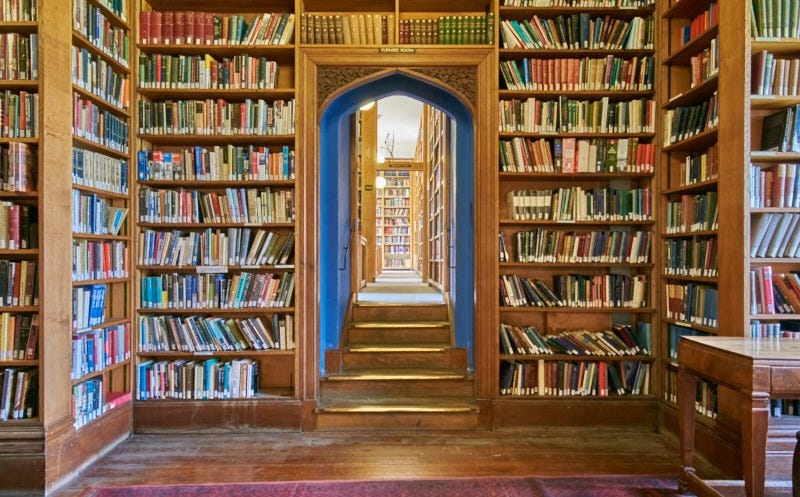
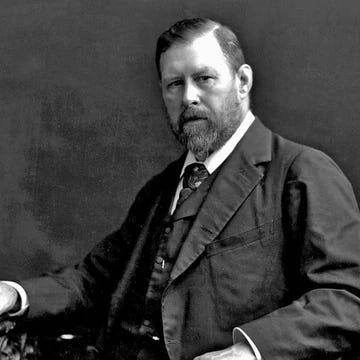
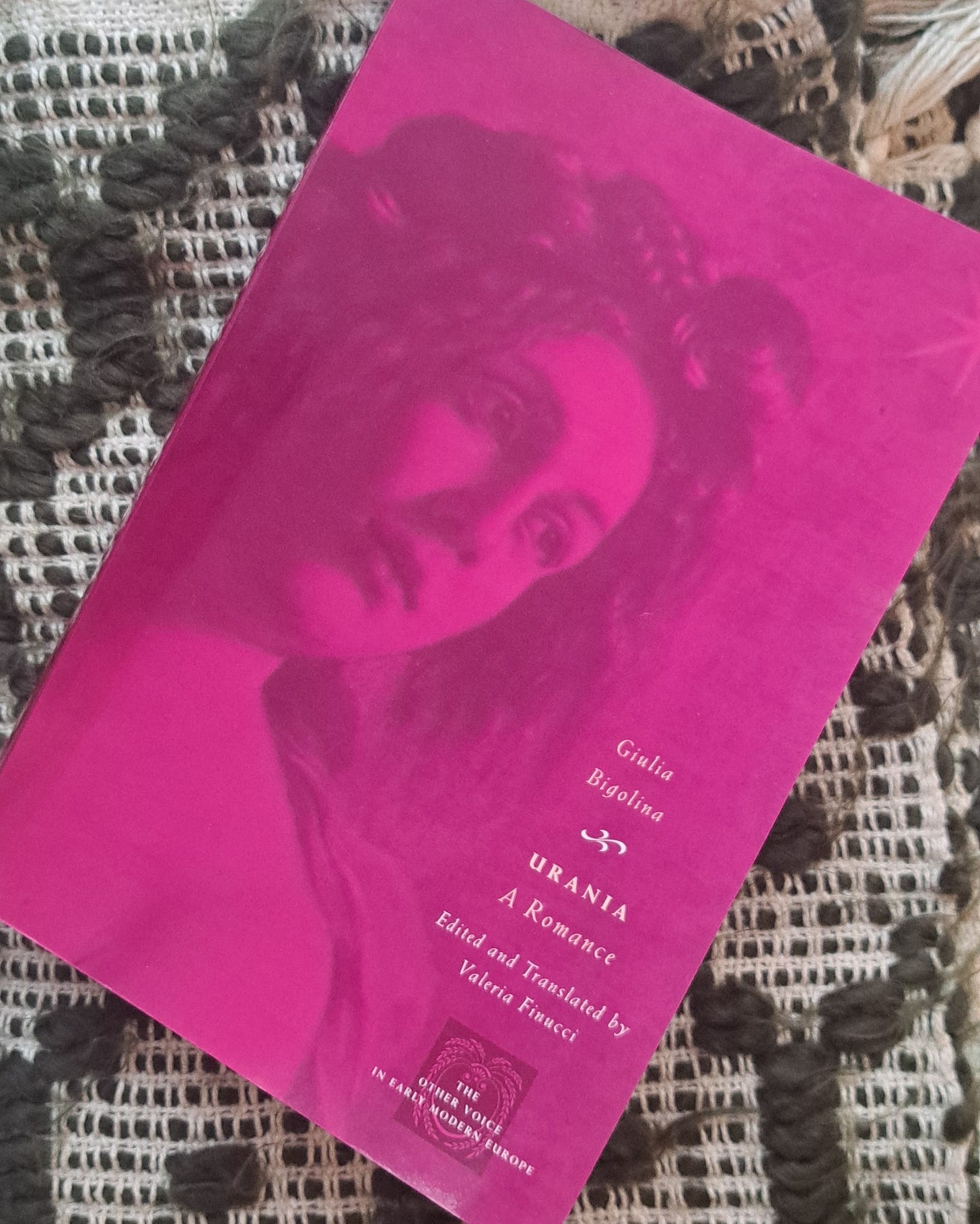
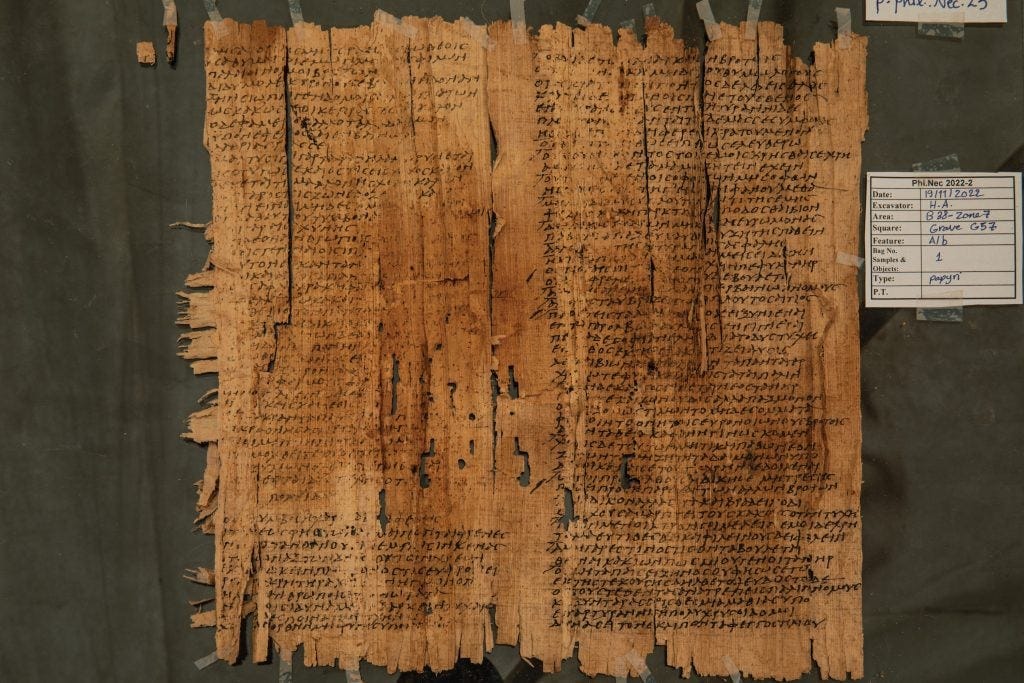
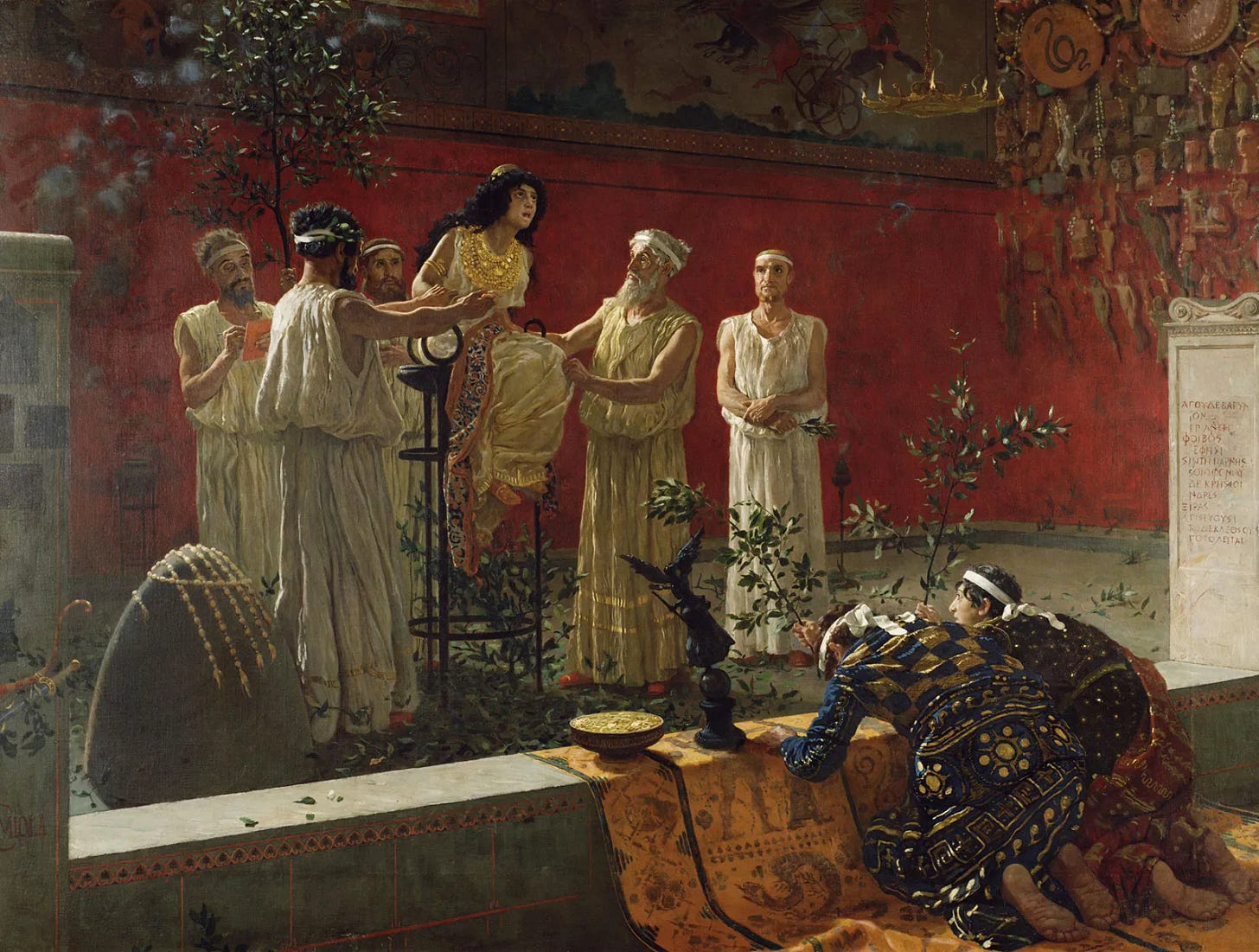
great story I knew a Cleary family back in the Bronx years ago, nice people. Maybe lost or unknown volumes by important writers could be the premise of a new book, I think you're right! Now I can see how the name Myriatid seems appropriate... good choice, and nice column.
I'm totally stealing this if you don't mind: 'mid-ensconcement'. That's brilliant!
This reminds me of when I was studying at Edinburgh, procrastinating instead of studying (as you do). My friend and I were playing a game to see who could find the most obscure books, the ones that had never been checked out. The best we found were some books on vegetables published in the mid-19th century, the highlight being The Curiosities of the Vegetable Kingdom. I was tempted to steal it (my justification being that nobody had ever borrowed it and I'd be providing a public good by having it on display in my halls of residence).
There's a Urania observatory (Art Nouveau style, beginning of 20th century) in Vienna, your mention of that book sent me down a rabbit hole where I learned all about Urania. Very interesting, thanks!